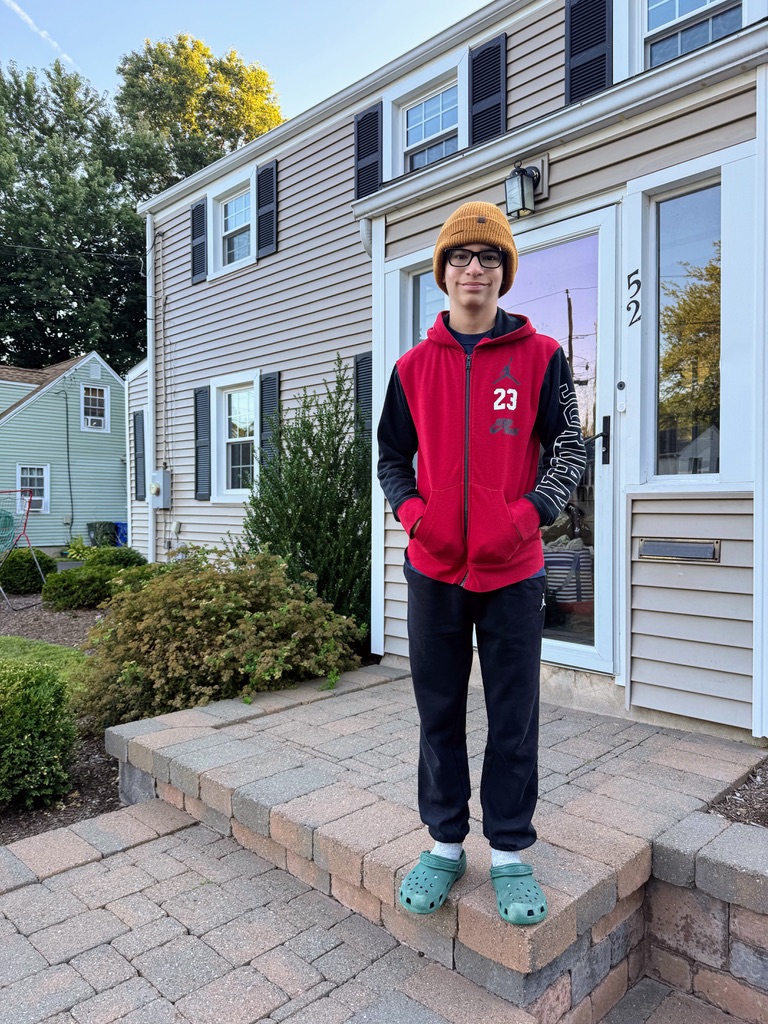I’ve often argued that the amount of sleep a person needs and his or her subsequent alertness is more a state of mind than actual physiology. Of course, this is coming from a guy who just slept four hours last night and is feeling just fine, so my opinion is admittedly biased.
But new research seems to be at least leaning in my general direction.
A study from the University of Vermont and appearing in Psychopharmacology this year has found that the effects of caffeine on a person’s alertness could be completely psychosomatic. The study has found that “once people get through caffeine withdrawal — terrible headaches, among other unpleasantness — they feel just as wide-awake on a placebo as they do on caffeine.”
In fact, it appears that the use of caffeine only serves to eliminate the withdrawal symptoms that its habitual use can cause. So for all those people who claim to require a cup of coffee in the morning to wake up, it appears they really need a shot of caffeine in order to eliminate the withdrawal symptoms that they are suffering from going without caffeine all night long.
What one might term a vicious circle.
I have often argued that caffeine has no effect on me as well, though this argument usually pertains to my ability to fall asleep quickly and not so much my alertness, since I don’t sleep much anyway. I don’t drink coffee or tea, and most of the soda that I drink is caffeine-free Diet Coke, so my caffeine intake is limited. But if I’m at the movies or out to dinner, I’m usually drinking the caffeinated brand of Diet Coke and never have difficulty falling asleep a couple hours later.
Nevertheless, quite often I hear that people cannot drink coffee or soda after 6 PM because it will keep them up all night. This has been a hard claim for me to swallow, since nothing prevents me from falling asleep almost instantaneously. I suspect that these effects are also psychosomatic.
I have always believed that if you cannot fall asleep quickly, you didn’t work hard enough that day.
What I’d like to see if a study on how the perception of sleep impacts alertness. If you think you slept for eight hours when you actually slept five, would your alertness be the same as if you had actually slept the eight hours?
I have always suspected so.

